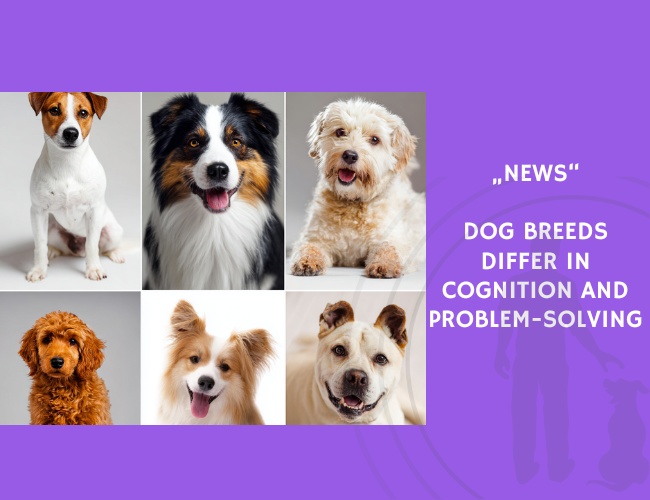Domestic dogs exhibit remarkable variation in their cognitive abilities, shaped by centuries of selective breeding. A study published in December 2022 in Scientific Reports examined how breeds differ in social cognition, inhibitory control, and spatial problem-solving. The research provides new evidence that cognitive traits may have been influenced by artificial selection for working roles and companionship.
The authors tested dogs from different breeds using behavioral tasks designed to measure their ability to interpret social cues, resist impulsive actions, and navigate problem-solving challenges. Significant breed-specific differences emerged across all three domains. Some breeds excelled at interpreting human social signals, while others demonstrated stronger persistence and inhibitory control in problem-solving contexts.
These findings suggest that traits such as attentiveness to human gestures, patience in waiting for rewards, and strategies for overcoming obstacles may reflect the functional roles for which breeds were historically developed. For example, herding breeds that rely heavily on cooperation with humans showed heightened performance in social cognition tasks, while breeds bred for independence or endurance displayed different cognitive strengths.
The study highlights that cognitive diversity in domestic dogs is not random but shaped by diversifying artificial selection. Understanding these differences can inform training practices, welfare approaches, and research into the evolutionary impacts of domestication.
Source: Junttila, S., Valros, A., Mäki, K., Väätäjä, H., Reunanen, E., & Tiira, K. Scientific Reports, December 2022.










